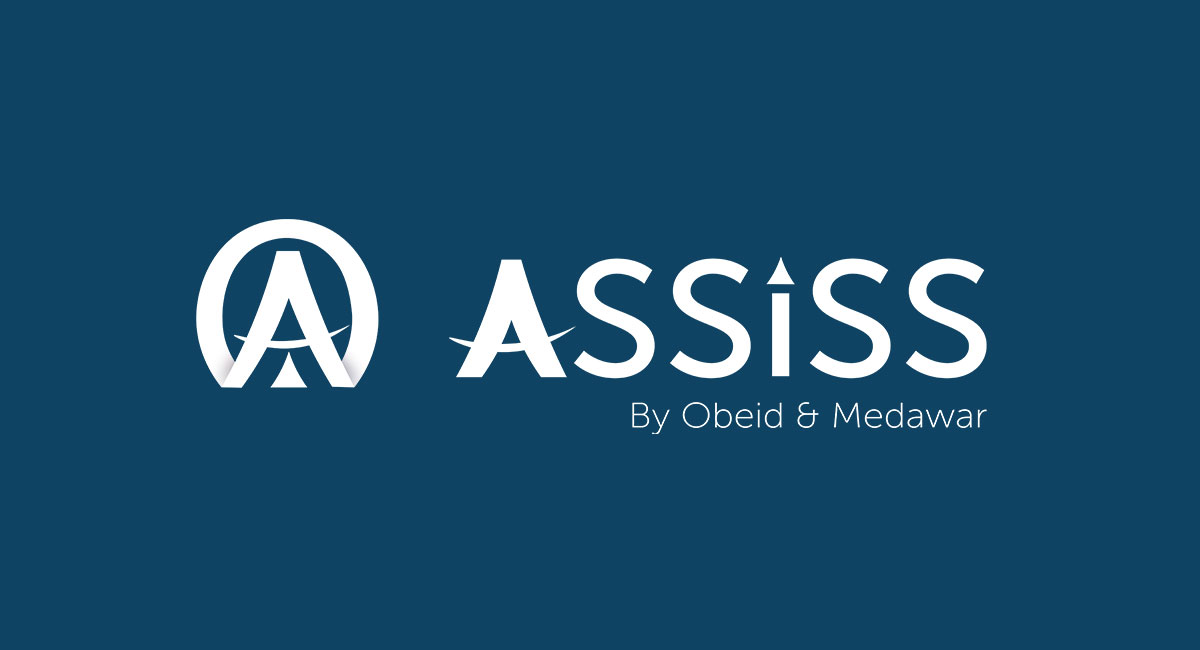
Introduction
Real Estate Investment Trusts, or REITs, are property funds and are considered a popular investment option that allows individuals to pool their money and invest in income-producing real estate. ADGM, with its regulatory framework and features, continually proves to be a dynamic REIT hub in the MENA region, attracting investors of all jurisdictions.
Here’s how REITs operate in ADGM:
Investment Focus:
ADGM REITs invest primarily in a broad range of income-producing real estate assets, including residential, commercial, hospitality, and healthcare.
They can also invest in income producing real estate-related assets like mortgages and infrastructure projects.
Moreover, a Fund Manager of a REIT must ensure that any investment made in respect of property ‘under development’ (i.e. not including refurbishment, retrofitting and renovation) whether on its own or in a joint venture is undertaken only where the REIT intends to hold the developed property upon completion and where the total purchase price and development cost of the property ‘under development’ do not exceed 30% of the net asset value of the Fund Property of the REIT.
Structure:
REITs in ADGM are established as Investment Trusts and are governed by the ADGM Funds Rulebook, specifically FUNDS 13.5. This rulebook outlines the specific requirements and regulations for, among others, REITs, including investment restrictions, distribution policies, and governance practices.
REITs in ADGM follow the same categorization of Investment Funds, i.e. Public, Exempt and Qualified Investor Funds, and are not subject to the same treatment across said categories.
Incorporation:
As Investment Trusts[1], ADGM REITs are established pursuant to a Trust deed entered into between (i) an Authorised Person[2] who has a Financial Services Permission to Manage a Collective Investment Fund and (ii) an Authorised Person who has a Financial Services Permission to Act as the Trustee of an Investment Trust, who is a body corporate and who is independent of the Fund Manager[3] of that Fund.
The Fund’s Property is typically held by the Trustee of the REIT, on trust for the unitholders, except in cases where other arrangements are made which ensure that the Trustee has continued control over the Property and the Fund Manager is not enabled to have unfettered control over said property.
The Trustee oversees the operation of the REIT.
In the case of REITs established as Public Funds, registration is made following an application for registration made to the regulator jointly by the Fund Manager and the Trustee of that Fund.
Moreover, in the case of REITs established as Public Funds, the Fund Manager and the Trustee must ensure that the Fund is listed on an exchange or is open-ended. This is not a requirement for REITs which are Exempt Funds or Qualified Investor Funds
Additionally REITs in ADGM are required to appoint a Person who is able to provide professional valuation services on the basis of a ‘market value’, who (i) is not related to the Fund Manager, (ii) values each Real Property prior to its acquisition and disposal, and (iii) who is commissioned to produce a valuation report of the Property Fund each year where the net asset value of the Fund following this valuation must be reported.
Distribution Policy:
ADGM REITs are required to distribute to their unitholders at least 80% of their audited annual net income.
Moreover, for REITs that are Public Funds or Exempt Funds and holds their real-property via one or more special purpose vehicle, the Fund Manager must ensure that each said vehicle distributes to the Fund all of its net income as permitted by the laws and regulations of the jurisdiction where said vehicle is established.
Borrowings:
A REIT other than a Qualified Investor Fund may borrow either directly or through its special purpose vehicles an amount not exceeding 65% of the total gross asset value of the Fund.
Caution
Like any financial endeavour, prospective participants or stakeholders in REITs should be fully aware of the regulations, rules, and challenges surrounding that environment.
Engaging with legal and financial experts familiar with ADGM’s environment is recommended before making any strategic decisions.
Fouad Obeid
Senior Associate
For personalized guidance related to REITs, please do not hesitate to contact our team by sending an email to assiss@assiss.com
DISCLAIMER: This blog post does not constitute professional advice. Additional facts or future developments may affect the content of this blog post. Before acting or relying upon any information within this document, please seek the advice of a member of our team.
[1] an express trust created solely for collective investment purposes under section 114 of the Financial Services and Markets Regulations.
[2]a Person (other than a Recognised Body) who is authorised under the Financial Services and Markets Regulations to carry on a regulated activity.
[3] an Authorised Person that holds a Financial Services Permission to carry on the management of a Fund.
